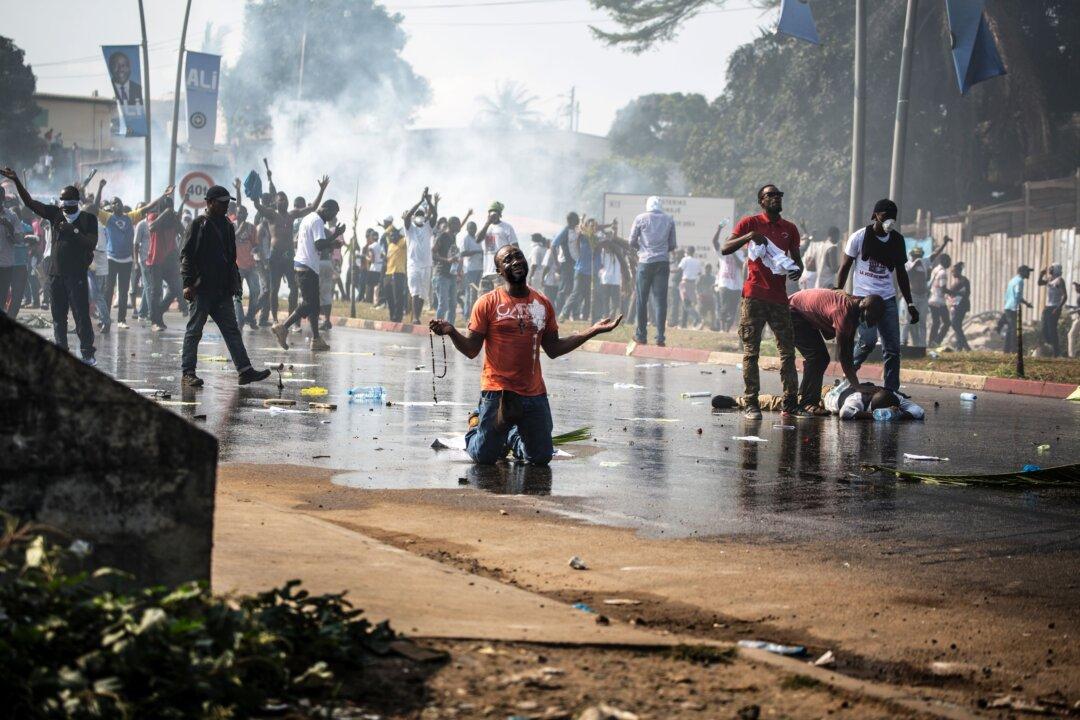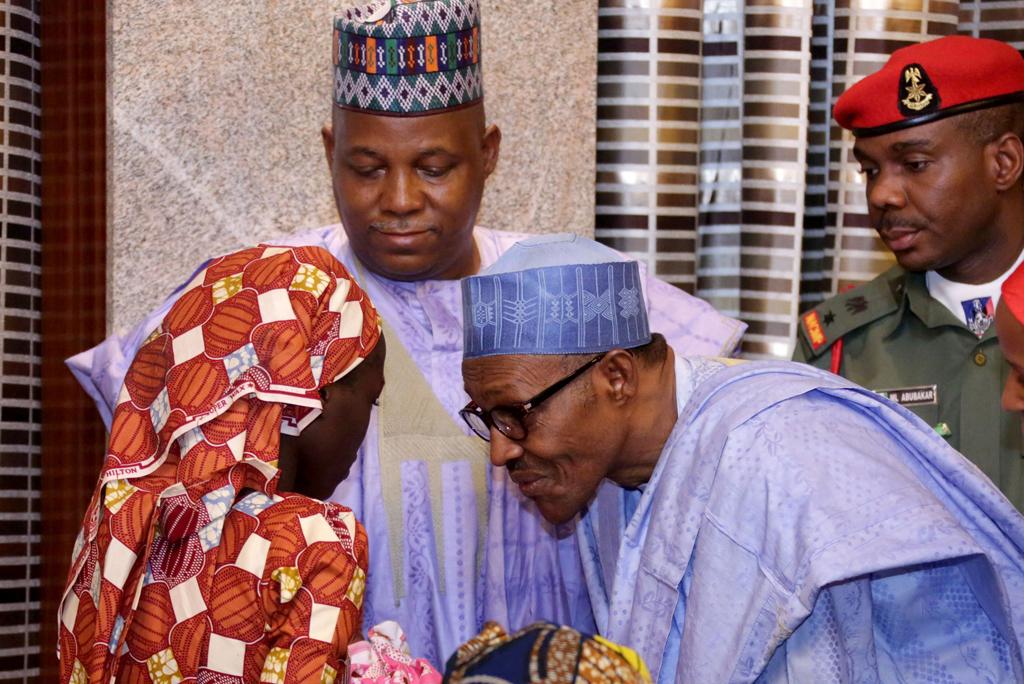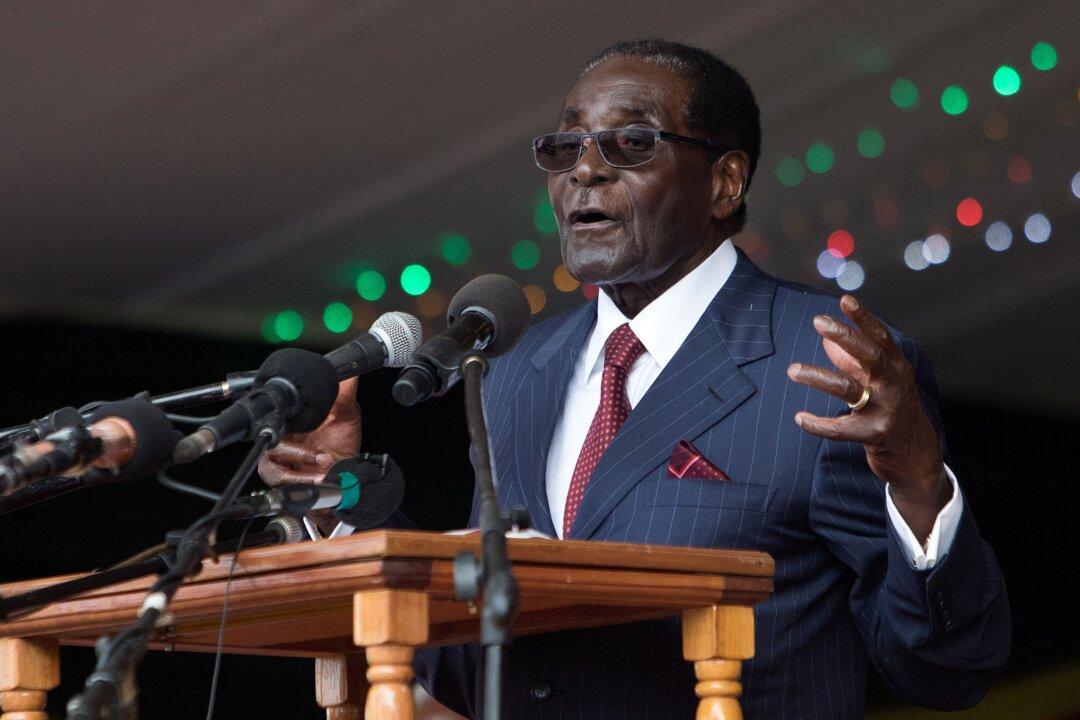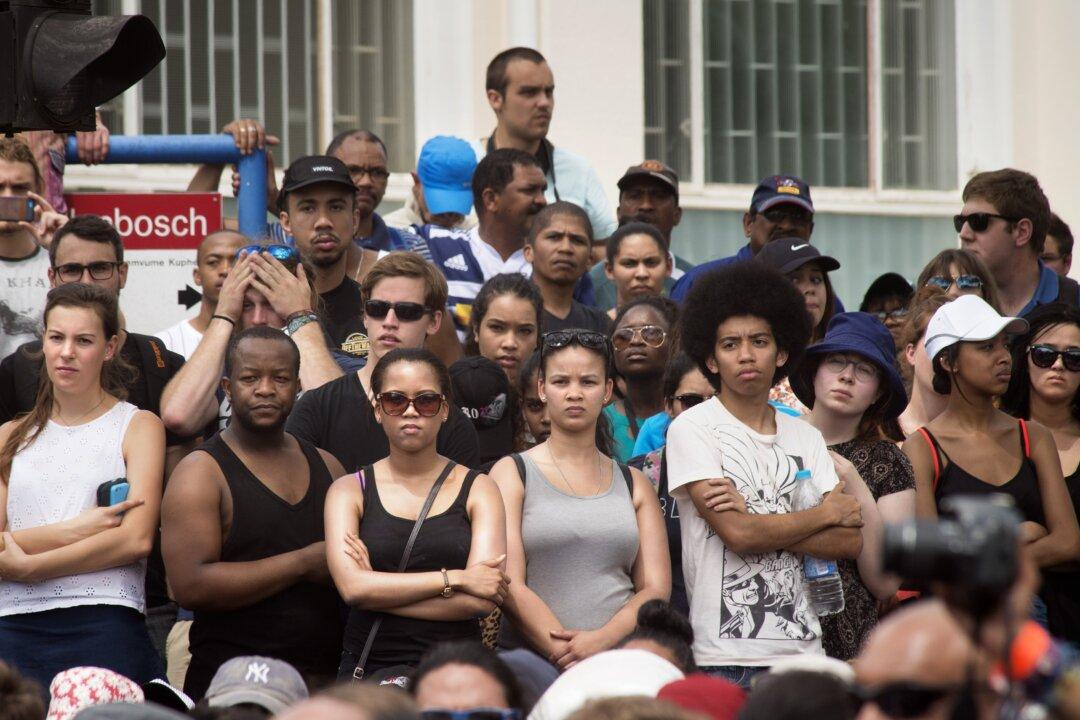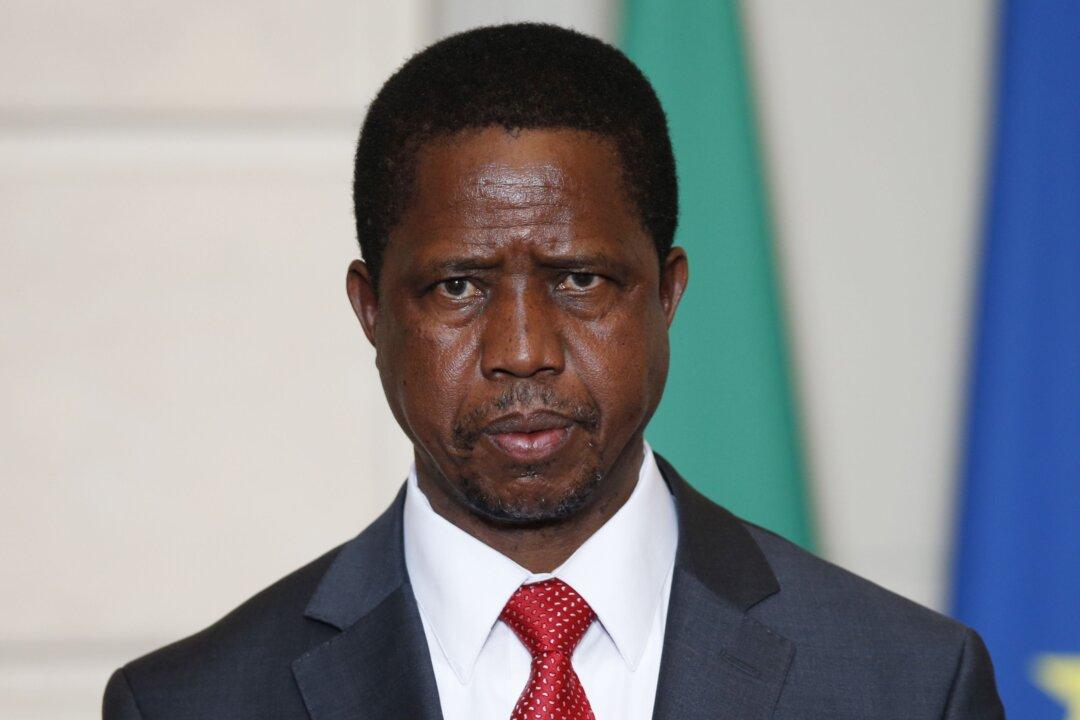It’s sometimes democracy as we know it—albeit with twists and turns—but there is certainly a new appetite for political pluralism developing in Africa. This sometimes leads not only to change, but to deep division.
In Gabon, the Bongo family’s father-and-son dynasty faced a challenge as never before. The Bongos have ruled the oil-rich country for almost 50 years, all the while distributing economic benefits grotesquely unevenly. This year’s election was hotly contested; despite all indications in the exit polls, and after a protracted count of just a few hundred thousand votes, the incumbent Ali Bongo was eventually declared the winner.
The aftermath has been deeply ugly, with the opposition’s headquarters in flames. Jean Ping, whom Bongo narrowly defeated, has claimed that a presidential guard helicopter bombed the building, killing two people.
